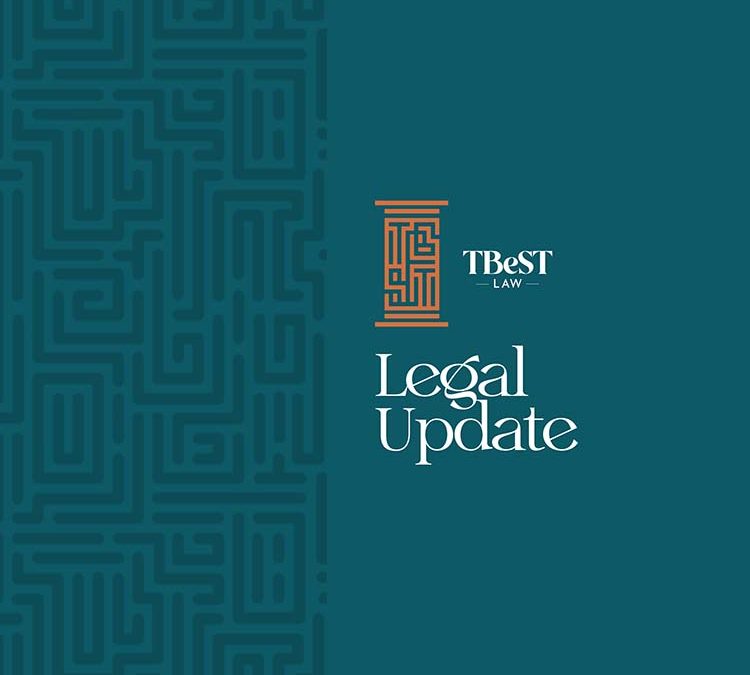From Reform to Refinement: Ethiopia to Update the Directive on Foreign Participation in Restricted Export, Import, Wholesale and Retail Trade
The Ethiopian Investment Board Directive to Regulate Foreign Investors’ Participation in Restricted Export, Import, Wholesale and Retail Trade Investments No. 1082/2025
In March 2024, the Ethiopian Investment Board issued Directive No. 1001/2024, easing restrictions on foreign investor participation in the export, import, wholesale, and retail trade sectors. Under this directive, foreign investors seeking permits were required to meet minimum capital, competency, and other regulatory standards in line with the Investment Proclamation No. 1180/2020 and Investment Regulation No. 474/2020.
However, Directive No. 1001/2024 has now been repealed and replaced by Directive No. 1082/2025 (hereinafter referred to as the “New Directive”). This new Directive will come into force from the date of its registration with the Ministry of Justice and its uploading on the official website of the Ethiopian Investment Commission. This change stems from the recognition that the conditions set under Directive 1001/2024, although a step toward liberalization, proved inadequate to sufficiently fill the gaps in sectoral performance and attract the desired level of foreign capital. The new directive reflects a policy shift aimed at fostering investor confidence, simplifying procedures, and promoting equal treatment of domestic and foreign investors.
Export Trade
Under the earlier framework, foreign investors could engage in the export trade of raw coffee, khat, oilseeds, pulses, hides and skins, forest products, poultry, and livestock, provided they met strict quantitative conditions.
For instance, to export raw coffee, a foreign investor must have procured at least USD 10 million worth of coffee annually for the past three years or must present a purchase order for at least USD 12.5 million. Similar thresholds apply to oilseeds (USD 5 million history or USD 7.5 million contract), khat and pulses (USD 1 million or USD 1.5 million for each), and hides, skins, forest products, and poultry (USD 500,000 or USD 750,000 for each). Notably, livestock was exempt from these conditions.
The New Directive removes these numerical thresholds altogether. Instead, it requires foreign investors seeking to export raw coffee, oilseeds, khat, and pulses to submit a due diligence verification report prepared by itself or by a reputable national or international verification agency detailing the investor’s integrity and capacity.
This report must,
- verify that the investor is not listed under sanctions or comparable restrictions,
- assess involvement in illicit activities such as money laundering or terrorism financing, and
- evaluate overall business integrity and financial capacity.
Import Trade
Under Directive 1001/2024, foreign investors could engage in import trade—except in fertilizer and petroleum—if they met one of three conditions: being a manufacturer of the goods, being an authorized agent, or being an exporter of at least 50% of their local production. Alternatively, investors could qualify by committing to import at least USD 10 million worth of goods annually.
The New Directive removes these financial and structural thresholds. All foreign investors, regardless of classification, are now required to submit the same due diligence report as in the export trade context, except those involved in fertilizer and petroleum, which remain reserved.
Wholesale Trade
Previously, foreign investors could engage in wholesale trade of imported or locally sourced products—except fertilizers—provided they committed in writing to infrastructure development (e.g., logistics hubs and modern storage). The directive tasked the Ministry of Trade with issuing specific marketing infrastructure standards.
The New Directive retains the functional scope but abandons these infrastructure obligations. Foreign investors can wholesale imported or domestically sourced goods after submitting a due diligence report confirming their integrity, competence, and capacity, as outlined in Article 5(2) and (3).
Retail Trade
Directive 1001/2024 made foreign investor participation in retail contingent on large-scale investment formats, including supermarkets (2,000 sq. m.), hypermarkets (5,000 sq. m.), or malls (10,000 sq. m.). Each required staged implementation and binding agreements with the government. A narrow exception existed for reputable, single-brand operators.
The New Directive replaces this format-based framework with a unified capital requirement: a paid-up capital of at least USD 2.5 million, in cash and in-kind assets, to be verified by a professional assigned by the Commission. Alongside this, the investor must submit a due diligence report. The new directive also retains the case-by-case flexibility for smaller, reputable single-brand businesses.


